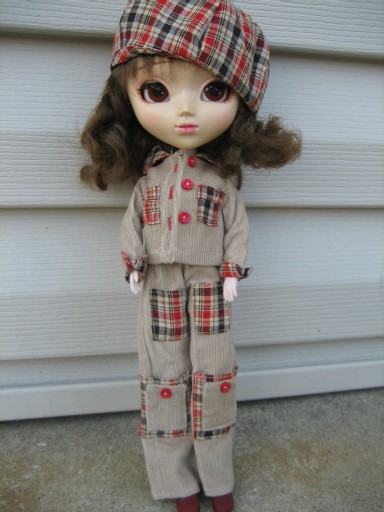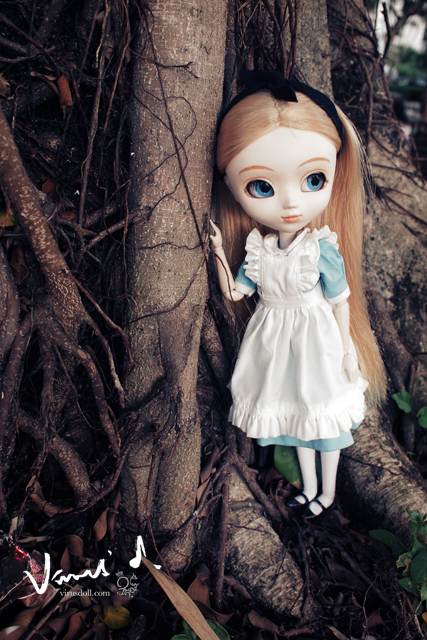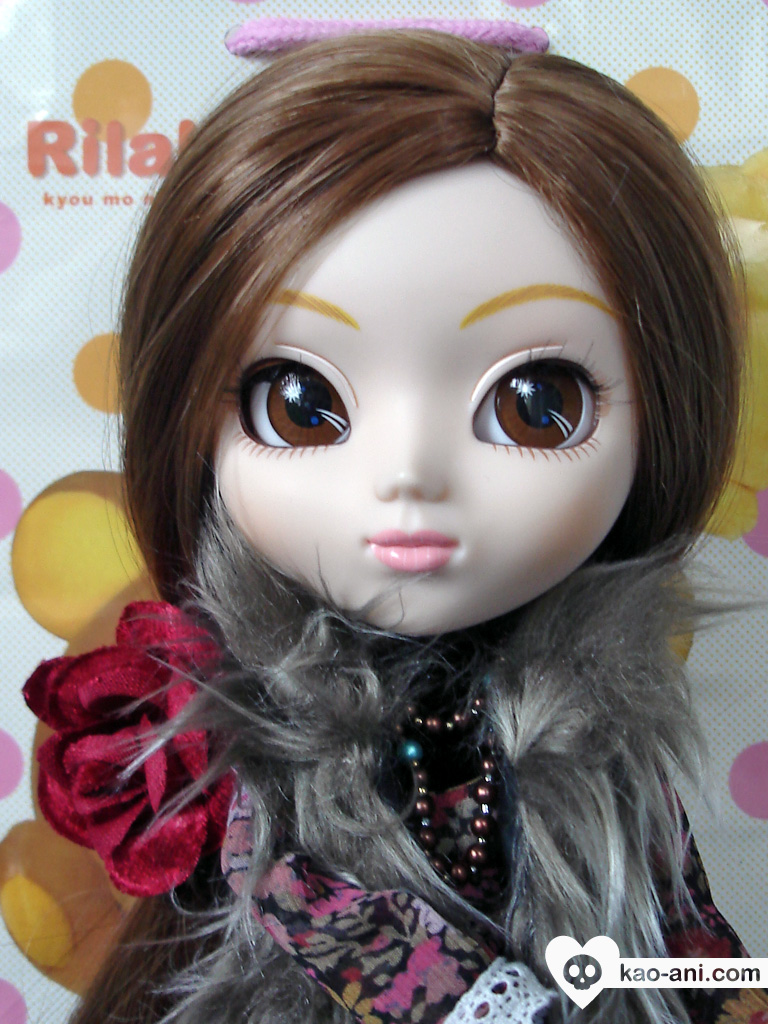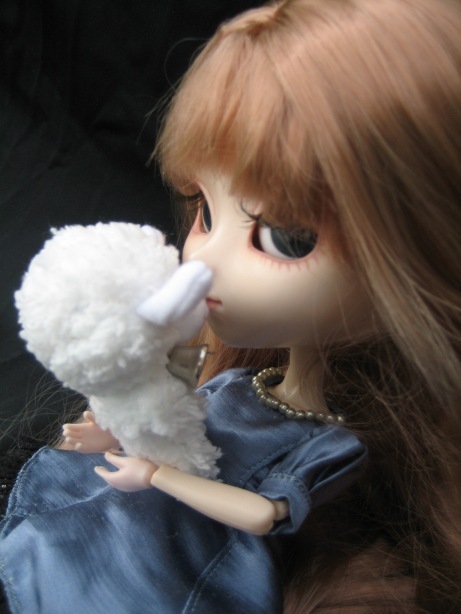Adolescence: Hormones rage, and acne results. But you don't have to be a teen to suffer from acne outbreaks; babies can get acne, and it sometimes lingers well into adulthood. Understanding what causes acne can help you choose the right acne treatments.
What Causes Acne?
A number of factors can be involved in an outbreak of acne, including:
- Bacteria
- Dead skin cells
- Heredity
- Changes in hormones
- Medications, such as cortisone
- Oil, or sebum
Your body produces sebum, a type of oil, to keep your skin and hair lubricated. Your hair follicles, which include the roots of your hair, are connected to the glands that produce sebum. If your body produces too much sebum and you have dead skin cells clinging to the area, the sebum and dead skin cells can combine to form a blockage. This blockage can then get inflamed or infected, resulting in a pimple. No one knows exactly what triggers excess production of sebum.
Changes in hormones can lead to acne, particularly for teenagers. Women who are pregnant may also be prone to acne due to hormonal changes. In addition, some women experience acne as part of their menstrual cycle. Some women develop acne when they either start or stop taking birth control pills.
If you use a particularly greasy or oily treatment on your face, the treatment may cause acne. In addition, using an oily type of cosmetic can led to pimples. If you have a backpack or wear shirts with tight collars, you may find acne developing where these items have rubbed against your skin.
Everyday Acne Treatments
You might think that acne is affected by your diet or the amount of chocolate that you eat. Unfortunately this is not the case. Diet does not cause pimples. If you change your diet, your acne will probably not improve.
Scrubbing away at your face will not help you get rid of your acne. In fact, using harsh cleansers and scrubbing your skin can add to your acne woes by making more pimples and irritating your skin overall. Only wash your face twice a day using water-based products.
If you wear makeup, try out powder products instead of creams. Make sure that you wash off your makeup before you go to sleep.
Over-the-Counter Acne Treatments
There are several acne treatments available that help most people deal with outbreaks. Some active ingredients work better than others for some people.
Active ingredients include:
- Acetone: Removes oil and dirt.
- Alcohol: Removes oil and dirt.
- Benzoyl Peroxide: Kills the bacteria that cause acne while helping to remove dead skin and oil. This chemical is probably the most effective agent used in over-the-counter drugs to treat acne. Keep in mind that benzoyl peroxide can dry out your skin and make your skin more susceptible to sun damage.
- Salicylic Acid: Helps prevent pores from getting clogged.
- Sulfur and Resorcinol: Removes dead skin cells and oil. The combination may result in some skin peeling or rashes.
Prescription Acne Treatments
When over-the-counter treatments don't work, many people choose to visit a dermatologist to help prevent acne outbreaks and reduce the risk of scarring. If you decide to see a dermatologist, know that it can take up to eight weeks before your condition gets better. In addition, your acne may actually get worse when treatments begin.
Among the treatments your doctor may prescribe are:
- Antibiotics
- Cosmetic peels: If your physician or dermatologist prescribes a chemical peel, your doctor will use glycolic or salicylic acid to help get rid of your dead skin cells, remove any pimples that you might have and promote the growth of new skin.
- Skin lotions that include derivatives of vitamin A
- Microdermabrasion: This is "polishing" the surface of the skin
- Oral contraceptives
It is important to follow your physician's instructions to the letter if you are given antibiotics to help combat acne. The bacteria that cause acne, Propionibacterium acne or P. acne, can become resistant to a given antibiotic over time, particularly if you skip treatments or don't use the recommended dosage.
While having acne is not typically a serious health condition, it can affect your self-esteem and lead to scarring in some cases. Keep in mind that, to date, there is no "cure" for acne. Talk to your doctor and get realistic input on what acne treatments can do for you.
While having acne can be difficult, for most people it is a temporary condition. Knowing how to take care of your skin to control acne will reduce outbreaks and help you protect your skin throughout your lifetime





















1 comments:
It’s also been some time since I seen the web page. I would like to stop by way of
and wish people, as well as the one you have, a really joyful holiday getaway!
Feel free to surf my website - Www.Treatmentforgenitalwarts.Info
Post a Comment